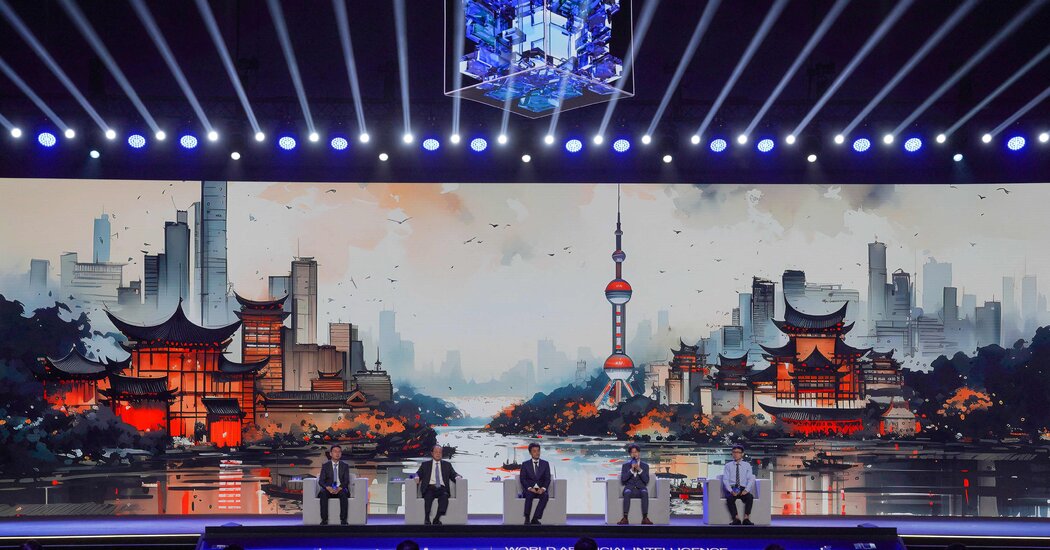In the realm of artificial intelligence (A.I.), the chatbots and technologies that we frequently engage with have roots in pioneering research and development. While the United States has long been recognized as a leader in A.I., recent studies indicate that China is rapidly gaining ground. In fact, new research highlights that China has, by various metrics, surpassed the United States in producing A.I. talent, now accounting for nearly half of the world’s top A.I. researchers.
According to a study conducted by MacroPolo, a think tank associated with the Paulson Institute, approximately 18 percent of leading A.I. researchers hail from U.S. undergraduate institutions. This marks a significant shift in the global talent landscape, as just three years ago, China produced about one-third of the world’s top A.I. talent. In contrast, the United States has seen little change in its share during this period.
The findings are based on an analysis of researchers whose papers were published at the prestigious 2022 Conference on Neural Information Processing Systems (NeurIPS). This conference is a premier event focused on breakthroughs in neural networks, which are the cornerstone of many recent advancements in generative A.I.
The widening talent gap has been developing over the last decade. Historically, the United States benefited from a significant influx of China’s brightest minds, many of whom pursued doctoral degrees at American universities and chose to remain in the U.S. after graduation. However, the latest research indicates that this trend is shifting, with an increasing number of Chinese researchers opting to continue their work within China.
The implications of these changes are profound, especially as both China and the United States vie for dominance in the A.I. sector—a technology that holds the potential to enhance productivity, transform industries, and drive innovation. As a result, the researchers involved in this field are becoming one of the most geopolitically significant groups in the world.
The surge in interest surrounding generative A.I. has ignited a frenzy of investment and funding within both Silicon Valley and China. Leading the charge are U.S. tech giants such as Google, along with innovative start-ups like OpenAI. However, it remains to be seen whether these developments will attract China’s top researchers or if the escalating tensions between Beijing and Washington will discourage some from pursuing opportunities in the U.S.

Leave a Reply